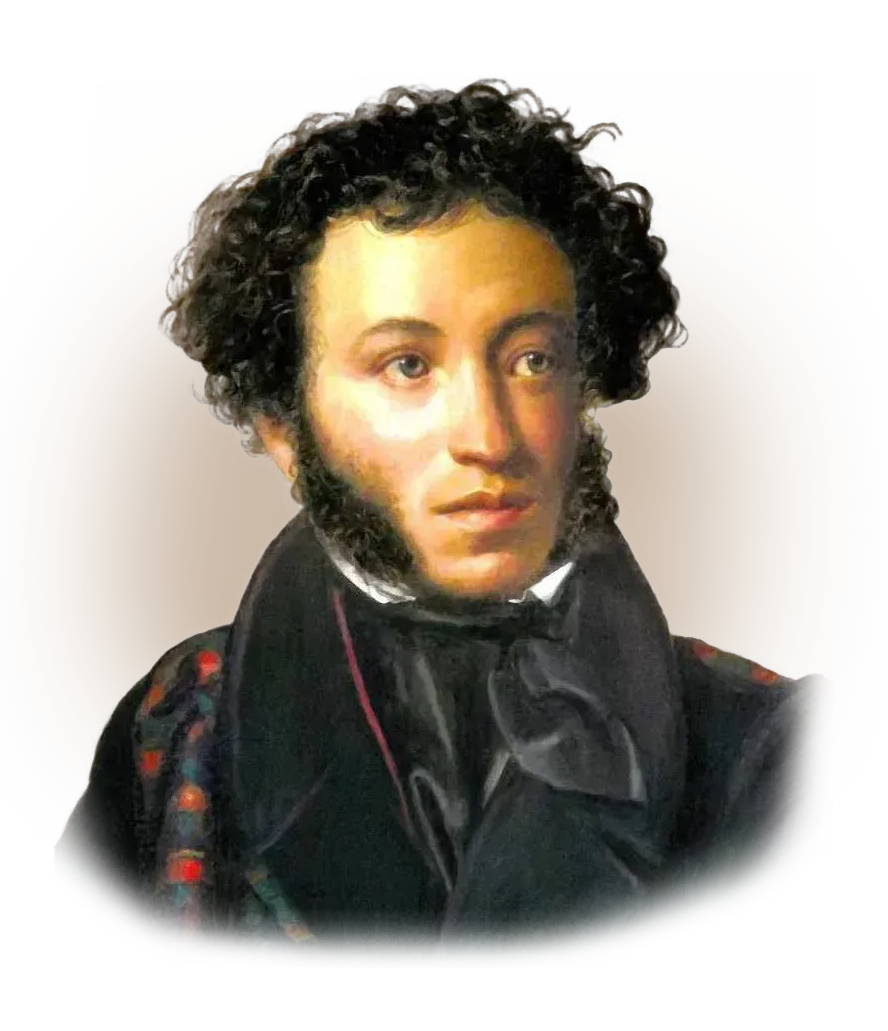
27.12.2023
Nature played an important role in the work of Alexander Sergeevich Pushkin, being not only the background for his works, but also an active participant in events, reflecting the emotions and thoughts of the characters. In his poetry and prose, nature appears in a variety of images, symbolizing various aspects of human life.
Images of nature in Pushkin’s lyrics
Pushkin used images of nature to convey emotions and moods. He described natural phenomena as if they were living beings, reflecting human feelings and experiences. This created harmony between the inner world of the characters and the surrounding nature.
Nature as a symbol in Pushkin’s prose
In Pushkin’s prose, nature often served as a symbol and reflection of the inner state of the characters. He was able to combine natural phenomena with the psychological experiences of the characters, which added depth and ambiguity to his works.
Pushkin and the romantic perception of nature
A romantic vision of nature permeates Pushkin’s work. He not only described the beauty of nature, but also saw it as a reflection of his thoughts, feelings and philosophical ideas. For him, nature was an integral part of human existence and spiritual development.
Nature and the spiritual world of man
Nature in Pushkin’s work often acts as a mirror reflecting the inner world of a person. In his works, nature not only serves as a background for action, but also is an active participant in events, empathizing with the joys and sorrows of the characters, and sometimes even emphasizes their internal conflicts and experiences.
Alexander Sergeevich Pushkin created unique images of nature, which not only served as an ornament to his works, but were also the key to understanding the inner world of his characters. His perception of nature has become an integral part of his artistic heritage, leaving a deep mark on Russian literature.



